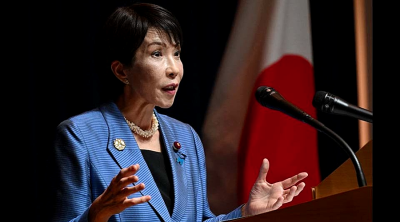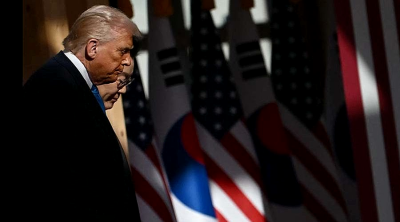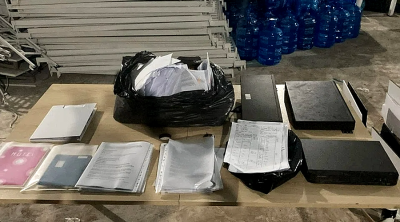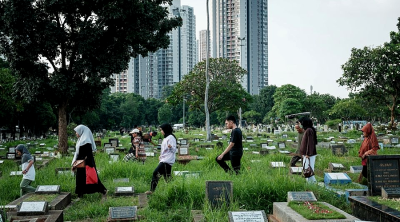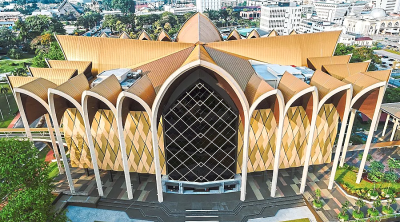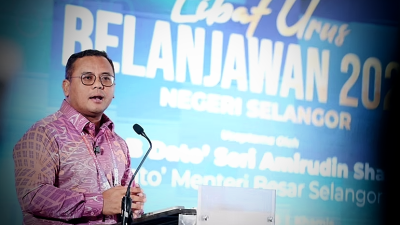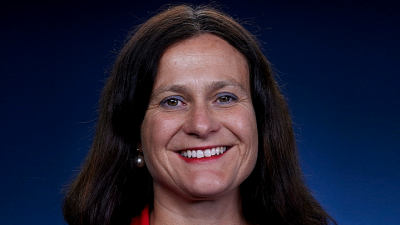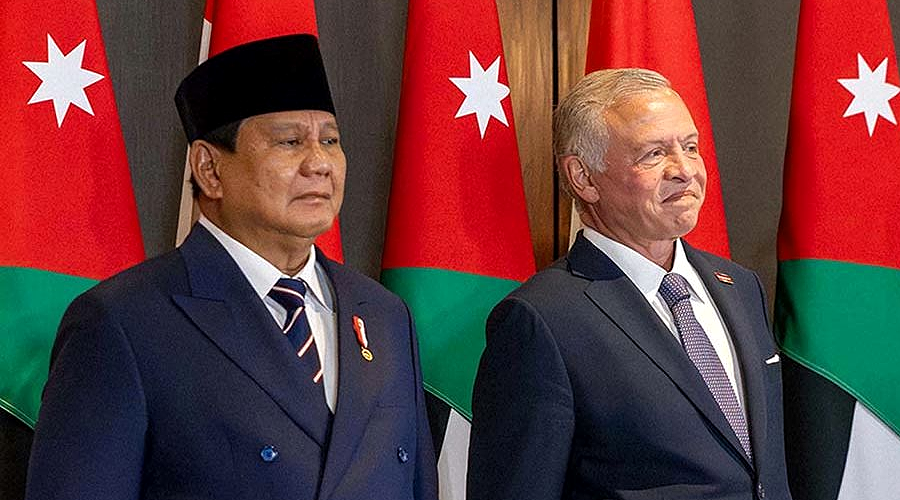
JAKARTA: President Prabowo Subianto is in the Middle East to rally support for his plan to evacuate 1,000 vulnerable individuals, including injured patients and orphans, from war-torn Gaza to Indonesia for medical care or education.
Prabowo tabled the initiative for the first time as president-elect last year, intending to assist Palestinians amid the on-going war with Israel, which has now killed over 50,000 people and injured 114,000 others.
While his evacuation plan might stem from genuine humanitarian intent, it raises pressing questions, especially as it moves forward in the face of rising global tensions amid the big power rivalry as well as a fragile ceasefire in the Gaza Strip.
Adding to the complexity, United States President Donald Trump suggested earlier this year a controversial vision to relocate the 2 million residents of Gaza and transform the enclave into the “Riviera of the Middle East”.
This timing has led critics to question whether Prabowo’s initiative might inadvertently lend credence to Trump’s contentious agenda, which many deem amounts to ethnic cleansing.
Indonesia has been sheltering thousands of refugees from the Middle East and Myanmar who fled conflicts in their home countries.
Islamic organizations in the country, including the Indonesian Ulema Council (MUI), have voiced strong concerns over the evacuation plan, warning that it could ultimately serve Israel’s interests by facilitating deeper occupation and the resettlement of its citizens in Gaza.
They emphasized the lack of assurances that evacuees would be allowed to return in the future, cautioning that Indonesia must remain vigilant and not be misled by the US agenda.
Meanwhile, the public has taken to social media to remind the government that Palestinian children do not need to be “saved” from their own homeland.
Instead, the world must stand in solidarity with them and support the establishment of a secure, independent Palestinian state where children can grow up in freedom.
During the second leg of his Middle East tour in Turkey on Friday, Prabowo reiterated that the proposed evacuation would be strictly “temporary” and solely motivated by humanitarian concerns to help the vulnerable individuals.
He further stressed that the plan would only move forward with the full approval of all relevant stakeholders, specifically the Palestinian authorities and neighboring countries.
Foreign Minister Sugiono echoed the President’s remarks, underscoring the importance of securing consent from all parties involved before any evacuation takes place, emphasizing Indonesia’s intention to take a more active role in achieving peace in the region.
The plan is part of a broader humanitarian effort to assist injured and traumatized Palestinians that has been provided by Indonesian Military (TNI) personnel in Gaza.
The country’s chief diplomat added that Prabowo’s visits to the United Arab Emirates, Turkey, Egypt, Qatar and Jordan this month are aimed at consulting with governments that have already taken in scores of patients from Gaza.
According to various reports, Egypt has evacuated more than 44,000 injured Palestinians through the Rafah border crossing since Israel’s latest offensive began in October 2023.
The UAE and Qatar have each taken in approximately 2,000 Palestinians, while Turkey has received around 1,000 and Jordan about 25.
It remains unclear whether the relevant parties will agree to the evacuation of Palestinians to Indonesia, particularly in light of their firm opposition to Trump’s relocation plan.
Both Turkey and Saudi Arabia have reiterated their rejection of the “displacement of Palestinians from Gaza under any slogan”, to quote the statement of Saudi Foreign Minister Prince Faisal bin Farhan Al Saud at the Antalya Diplomacy forum last week, which was also attended by Prabowo.
However, should the Indonesian government secure the necessary approval and proceed with the plan, several key issues will need to be addressed beforehand.
They include engaging with domestic stakeholders, including leaders of Islamic organizations and international law experts, to discuss the terms of the evacuation; how long the evacuees will stay, where they will be housed, and who will cover the cost of their care and living expenses.
Transparent communication is crucial to avoid public misunderstanding, as evident in recent opposition to the government’s humanitarian intentions.
Good intentions, after all, risk backfiring if not executed with the right approach.
ADVERTISEMENT
ADVERTISEMENT






